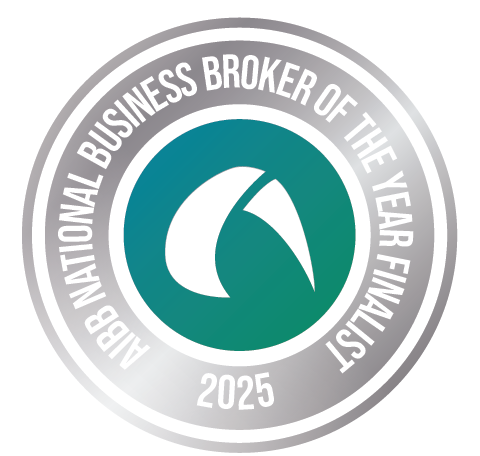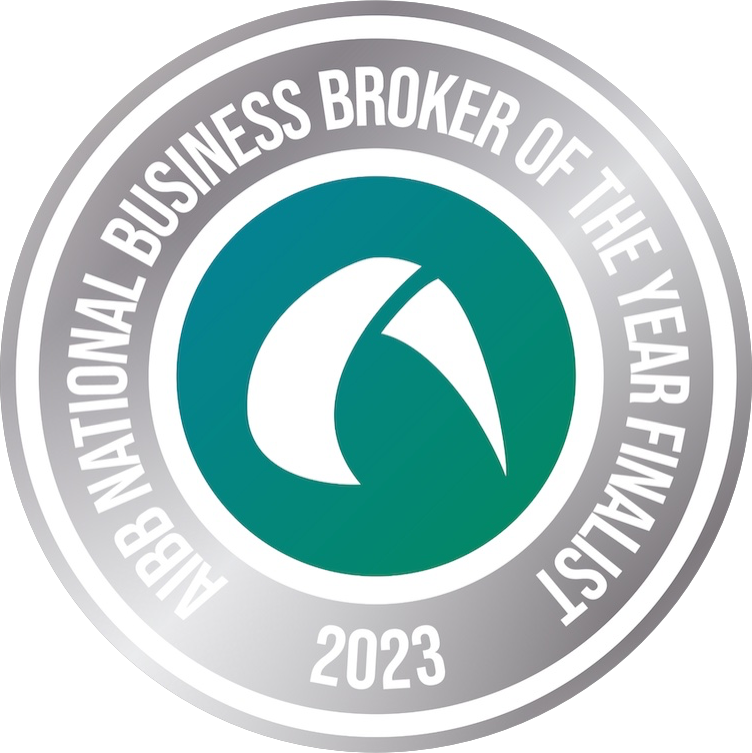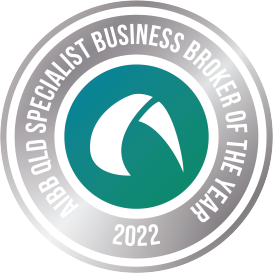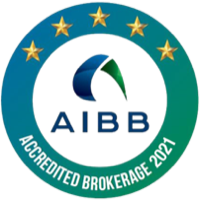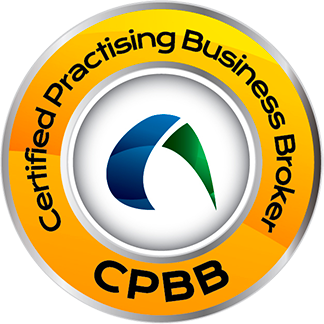They do have units on scope.
Yes — you will need to lodge a formal application to add the qualifications or units of competency you want to deliver.
In practical terms, this means:
1. ASQA will treat it as a scope addition
Even if the organisation is fully registered, ASQA still requires you to apply to add each new qualification or unit. This includes meeting all the normal evidence requirements around resources, trainers, assessment tools, industry engagement, and delivery readiness.
2. You cannot train or enrol students until the scope is approved
A shell RTO must wait for ASQA approval before delivering any accredited program. This is a compliance area where buyers sometimes get caught out.
3. The application process takes time
Depending on the qualifications, evidence strength, and risk profile, scope additions may take:
- 4–12+ weeks for ASQA to assess
- Longer if ASQA comes back requesting additional evidence
This timing matters if you’re trying to time a sale, launch a new product, or secure a contract.
4. This does not block the share sale — it just affects delivery
A share sale can still proceed. The RTO can change ownership with zero scope.
What the buyer must understand is:
- They are purchasing the registration and the compliance foundation.
- They still need to add their own scope post-sale.
5. Due diligence needs to check the “shell quality”
Buyers should confirm:
- Registration end date
- Evidence of clean audit history
- Fit and proper status
- Systems, LMS, policies
- No legacy liabilities
- Whether training/assessment resources can be supplied
A clean shell RTO is highly valuable — but the buyer must plan the scope build.
6. If the parties want scope added before settlement, the seller must apply
ASQA applications must be lodged by the current legal entity.
You cannot apply under the new owner until after completion, because:
- ASQA’s application portal ties the scope application to the current account
- The fit and proper checks relate to the directors at time of submission
This can be strategically managed depending on the deal.
Infinity’s practical advice
- If speed matters, settle first, then the buyer applies for the new scope.
- If the buyer wants specific scope in place before settlement, the vendor must lodge it before the sale, but this needs careful drafting in the Share Sale Deed (cost allocation, obligations, and timing).
- Always prepare the organisation “audit-ready” before applying — ASQA is far stricter on scope additions than on renewals.


